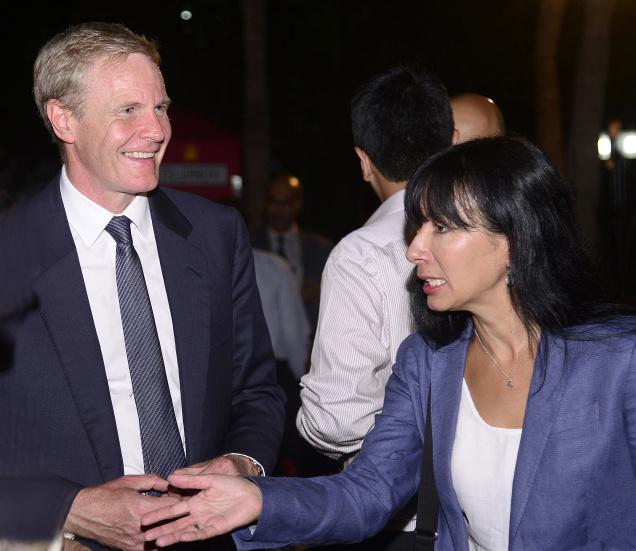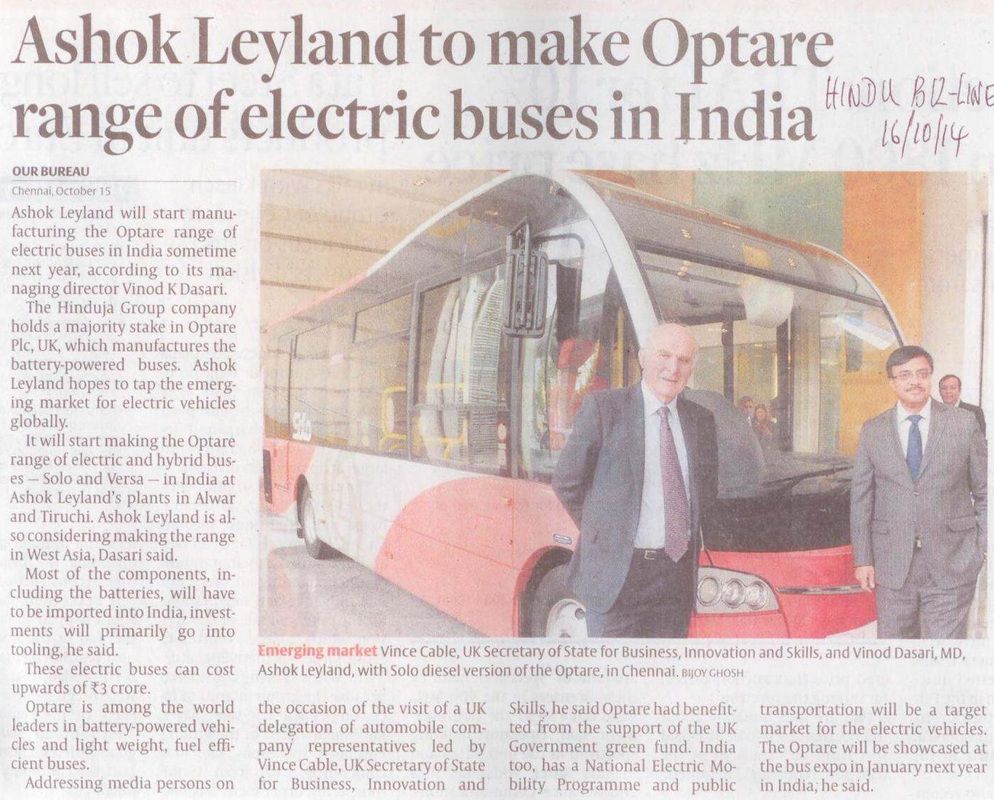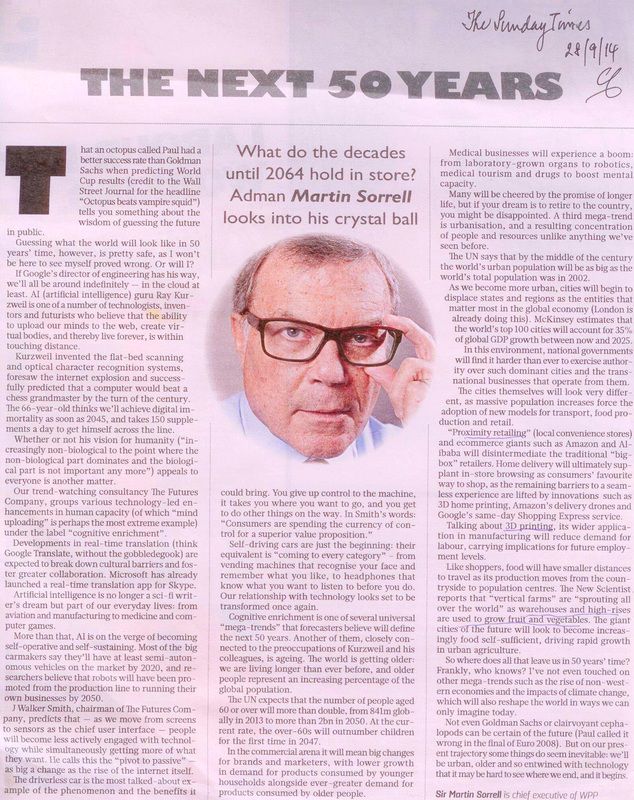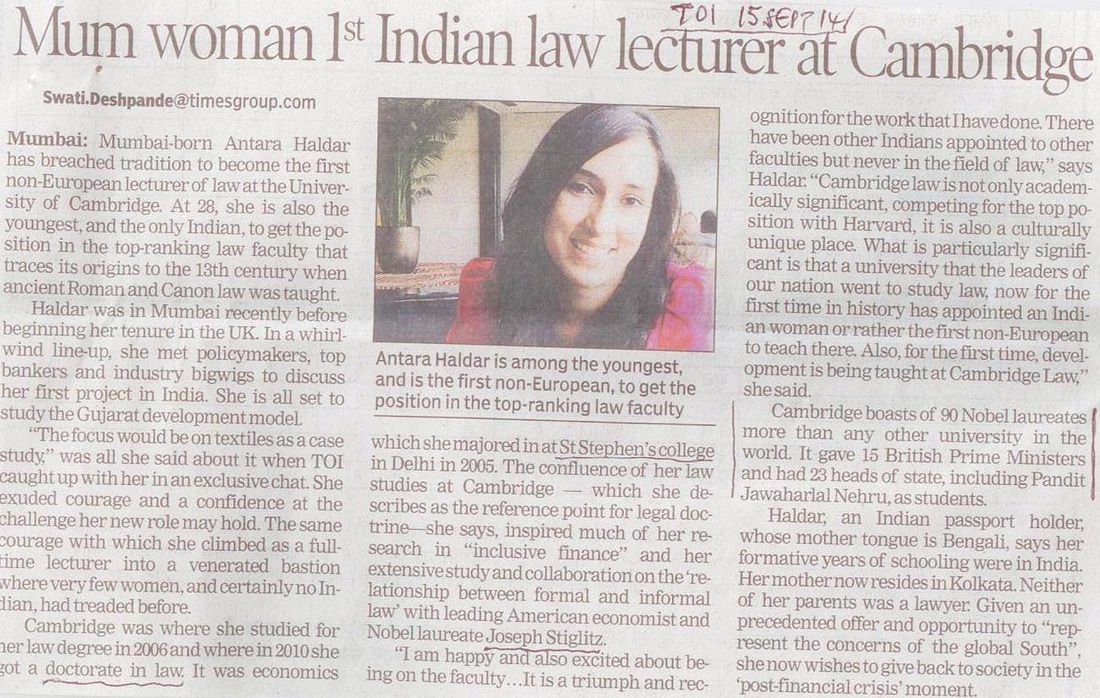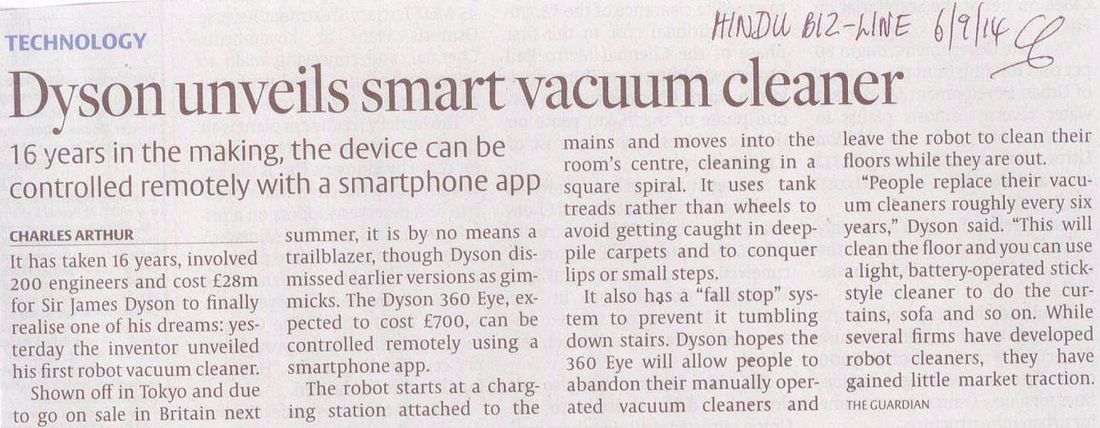Since David took up his assignment with Kochi Metro, plans have been afoot to set-up BBG Kochi chapter. During Christie Cherian’s visit on 12th December, he hosted a launch at Cochin Yacht Club with Mr C S Kartha President of Cochin Chamber of C & I and with Vijay Kumar our Committee Member for Kerala being present.
For a start, we had a good turn-out of Kochi members & friends and some potential new members. Next meeting has been proposed on 16th January 2015.
Date: Tuesday 21 October 2014 at 6pm
Venue: Bristol Zoo Gardens, Pavilion Buildings (1st Floor), College Road
The Converging World strongly supports eco-restoration and has partnered with Joss Brooks who has been a pioneer in this area for more than 40 years.
Joss and The Converging World are launching an exciting project that aims to ecologically restore land in Tamil Nadu, India. The land is 100 acres (about 400,000 square metres) which equates approximately to 1 square metre per person living in Bristol and the aim is to promote this as a Bristol-Indian twinned project, one of many in the year of the Bristol European Green Capital (2015).
Joss grew up in the Australian state of Tasmania, a place full of wild natural beauty and came to Auroville in India’s Tamil Nadu state in 1970 after living in Europe and Africa. He joined the early pioneering efforts in land restoration at Auroville and founded the Pitchandikulam community in 1973 which is now a vibrant 60 acre forest with 800 species of plants in the grasslands, a nursery and an ethno-medicinal forest.
For more than 100 years, biospheres, ecosystems and habitats around the world have been gradually destroyed with devastating consequences. Local people who depend upon the flora and fauna have been left marginalised, species are disappearing, there is poor water retention and local and global climatic conditions are changing for the worse because of the destruction of large areas of forests.
Eco-restoration aims to restore these areas with indigenous flora and fauna that can sustain local people for generations to come through the nurture and protection of the natural environment.
During his talk Joss will take us through his journey of restoring wildlife habitat in South India. This includes the story of creating the sanctuary of Auroville and Pitchandikulam, his work with the Irula tribal snake catchers (setting up a snake venom extraction cooperative) and his work with different materials in creating wildlife art.
We look forward to welcoming you on Tuesday 21st October 2014. This lecture will be free of charge. In order to book your place, please email Ali Cotton on acotton@bristolzoo.org.uk by Friday 17th October 2014. Drinks and nibbles will be served.
We hope to see you there! For further information on supporting the Bristol-Indian Forest please follow the link below:
The below article by Sir James Bevan was published at http://www.indiaincorporated.com/guest-article/item/3855-india-uk-a-partnership-of-equals.html
India today wants investment to grow. With the UK having invested more in India than any G20 country in the last 14 years, we’re perfectly placed to help. As the British High Commissioner, you would expect to hear from me that the UK is India’s friend. But this friendship isn’t just strong, it has transformed in recent years.
Together we’ve built a stronger, wider, deeper partnership of equals, based on mutual respect. Our countries share a commitment to democracy, we are fellow members of the Commonwealth, our history is intertwined, and our societies are deeply linked. The world’s second largest overseas Indian population lives in the UK. But our bond also has at its heart a robust and flourishing economic partnership.
I’m proud to represent the UK in India at this exciting moment in the economic development of this great country. PM Modi has set out ambitious plans to grow India’s economy and create the jobs its people need. He has rightly recognised that India needs investment. The UK and its businesses have the track record to do that.
Last year the UK invested $3.2 billion in India, more than any other G20 country, indeed more than the second and third ranked G20 countries combined: Japan ($1.7bn) and the US (just under $1bn). Over the last 14 years, the UK ranks No. 1 in the G20 and accounts for 10 per cent of all investment into India over this period. The BP-Reliance deal is the single largest investment in India.
This benefits both countries. UK investment in India creates wealth and jobs in the UK as its companies grow. It helps India make money, be it JCB making and exporting backhoe loaders from its India plants or the British shoe company Pavers making shoes here for its numerous outlets. But investment is also reciprocal – with the UK a significant and growing recipient of Indian investment. India is the seventh-largest investor in the UK and invests more in the UK than it invests in the rest of Europe combined.
Tata is the largest manufacturing employer in the UK, 45,000 employees across companies like Jaguar Land Rover, Tata Steel and Tetley Tea. Indeed, Jaguar Land Rover is a great example of how close and multi-faceted this UK-India relationship is – a famous UK company, owned by one of India’s powerhouse conglomerates, expanding and prospering in the UK, producing cars in India as well, and selling cars around the world. My flag car is a Land Rover – in essence a British-Indian car.
But we can’t be complacent. We are working hard since the election to set out what the UK can offer India, bringing ministers and business delegations here.
Dr Cable and his business delegation, due here at the British Business Groups October 10-12 Convention reflect that advancing the case that our automative manufacturing and education sectors, to give two examples, offer their Indian counterparts much.
We think India can get yet more investment from the UK, from the biggest financial centre in the world, and from a UK business community that invests heavily in research and development, and can bring cutting edge technology and skills to marry up with Indian partners who want to get producing. That’s happening already, but India can help that process.
It can reduce restrictions on investment – it has made a good start – and it can get on with its intent to cut red tape and simplify tax.
The Great Britain India Convention is a great opportunity to work out how Indian and UK business can exploit the new opportunities we are seeing.
An Obituary printed in the London Times:
Today we mourn the passing of a beloved old friend, Common Sense, who has been with us for many years. No one knows for sure how old he was, since his birth records were long ago lost in bureaucratic red tape. He will be remembered as having cultivated such valuable lessons as:
– Knowing when to come in out of the rain;
– Why the early bird gets the worm;
– Life isn’t always fair;
– And maybe it was my fault.
Common Sense lived by simple, sound financial policies (don’t spend more than you can earn) and reliable strategies (adults, not children, are in charge).
His health began to deteriorate rapidly when well-intentioned but overbearing regulations were set in place. Reports of a 6-year-old boy charged with sexual harassment for kissing a classmate; teens suspended from school for using mouthwash after lunch; and a teacher fired for reprimanding an unruly student, only worsened his condition.
Common Sense lost ground when parents attacked teachers for doing the job that they themselves had failed to do in disciplining their unruly children.
It declined even further when schools were required to get parental consent to administer sun lotion or an aspirin to a student; but could not inform parents when a student became pregnant and wanted to have an abortion.
Common Sense lost the will to live as the churches became businesses; and criminals received better treatment than their victims.
Common Sense took a beating when you couldn’t defend yourself from a burglar in your own home and the burglar could sue you for assault.
Common Sense finally gave up the will to live, after a woman failed to realize that a steaming cup of coffee was hot. She spilled a little in her lap, and was promptly awarded a huge settlement.
Common Sense was preceded in death,
-by his parents, Truth and Trust,
-by his wife, Discretion,
-by his daughter, Responsibility,
-and by his son, Reason.
He is survived by his 5 stepbrothers;
– I Know My Rights
– I Want It Now
– Someone Else Is To Blame
– I’m A Victim
– Pay me for Doing Nothing
Not many attended his funeral because so few realized he was gone.
A warm farewell was bid to Paul Sellers, British Council’s director for south India for the last four years, during a function at the British deputy high commission in Nungambakkam on Thursday. He will be succeeded by Mei Kwei Barker.
British Council, the United Kingdom’s international organisation for educational opportunities and cultural relations, focuses on providing a collaborative platform in the areas of education, language training and arts for cultural diplomacy.
Mr. Sellers, while addressing the get-together, said, “Memories of Chennai and my experience here will always remain close to my heart. I have had the honour of leading an exemplary team.” Ms. Barker, who has been with the Council for over 20 years, most recently as director of English in United Arab Emirates, said she was excited to be working in the city. “Chennai is a busy and happening city, which is not only rich in its history and culture but also modern with numerous opportunities for education, business and more,” she said.
The full article can be seen at http://www.thehindu.com/news/cities/chennai/chen-events/new-director-for-british-council/article6363312.ece
